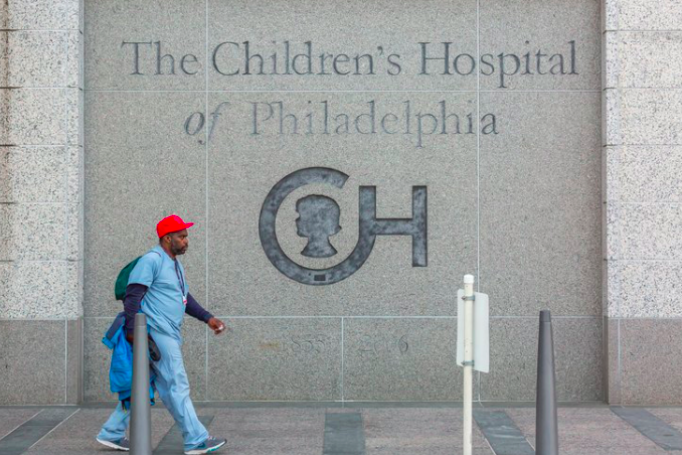
June 10, 2020
 Thom Carroll/For PhillyVoice
Thom Carroll/For PhillyVoice
Cancer immunotherapy researchers at CHOP believe that similar principals can be used to target regions of SARS-CoV-2 to generate an optimal immune response in a COVID-19 vaccine.
Scientists at the Children's Hospital of Philadelphia are using tools developed for cancer immunotherapy to help identify targets for a COVID-19 vaccine, researchers announced in a new study.
As researchers around the world work to create an effective vaccine for SARS-Cov-2, CHOP researchers believe their findings in the development of cancer immunotherapies can stimulate a better immune response against the coronavirus.
Cancer immunotherapy works by artificially stimulating the body's immune response. Various methods are used to train the immune system to attack cancer cells, building its memory to identify antigens that mark the disease.
“In many ways, cancer behaves like a virus, so our team decided to use the tools we developed to identify unique aspects of childhood cancers that can be targeted with immunotherapies and apply those same tools to identify the right protein sequences to target in SARS-CoV-2,” said Dr. John M. Maris, senior author of the study.
Maris said the foundations of his team's research provide a roadmap to predicting and prioritizing viral targets that will be effective in the vast majority of the human population. Their findings were published in Cell Reports Medicine.
Specifically, the researchers searched for viral regions that can be targeted to produce a memory T-cell response. Combined with the right B cells, which are lymphocytes responsible for producing antibodies, the overall response could drive B cell memory formations that lengthen the period of immunity across most human genomes, according to the study.
The research targeted regions of SARS-CoV-2 that are present across multiple related coronaviruses, as well as some mutations that increase the infectivity of the novel virus. To maximize safety, regions selected were screened to make sure they are as dissimilar as possible from sequences that naturally occur in humans.
In total, the study offers 65 peptide sequences that could offer the greatest probability of population-scale immunity. The research team is now testing various combinations of them in mouse models
There currently are more than 120 candidate vaccines for COVID-19 around the world, including 10 that have entered human clinical trials — four of them in the United States.
A timeline for the development of effective COVID-19 vaccine, as well the supply and cost parameters surrounding broad availability, remains unknown.
Dr. Anthony Fauci, the nation's leading infectious disease expert, said this week that the U.S government will fund late-state human trials for candidates in development by Moderna, AstraZeneca and the Jenner Institute of Oxford, and Johnson & Johnson.
The Moderna study is expected to begin in July, while AstraZeneca’s Phase III program is expected to begin in August and J&J’s in September.